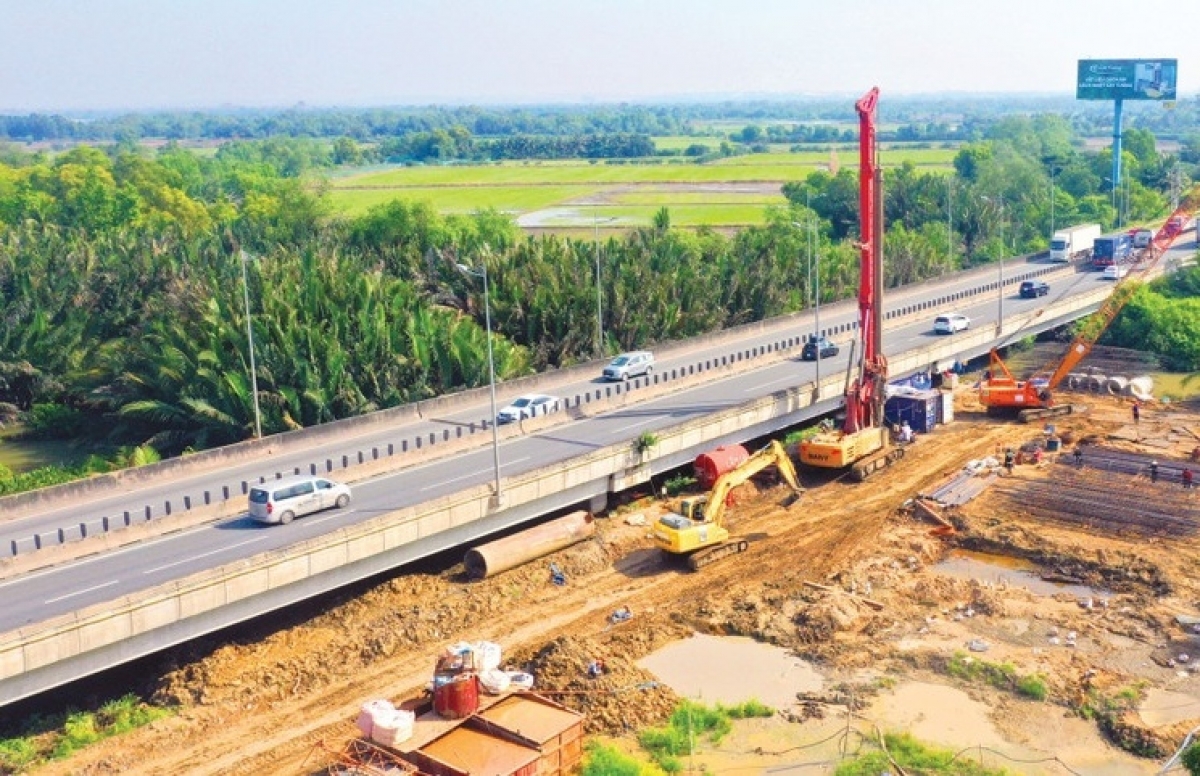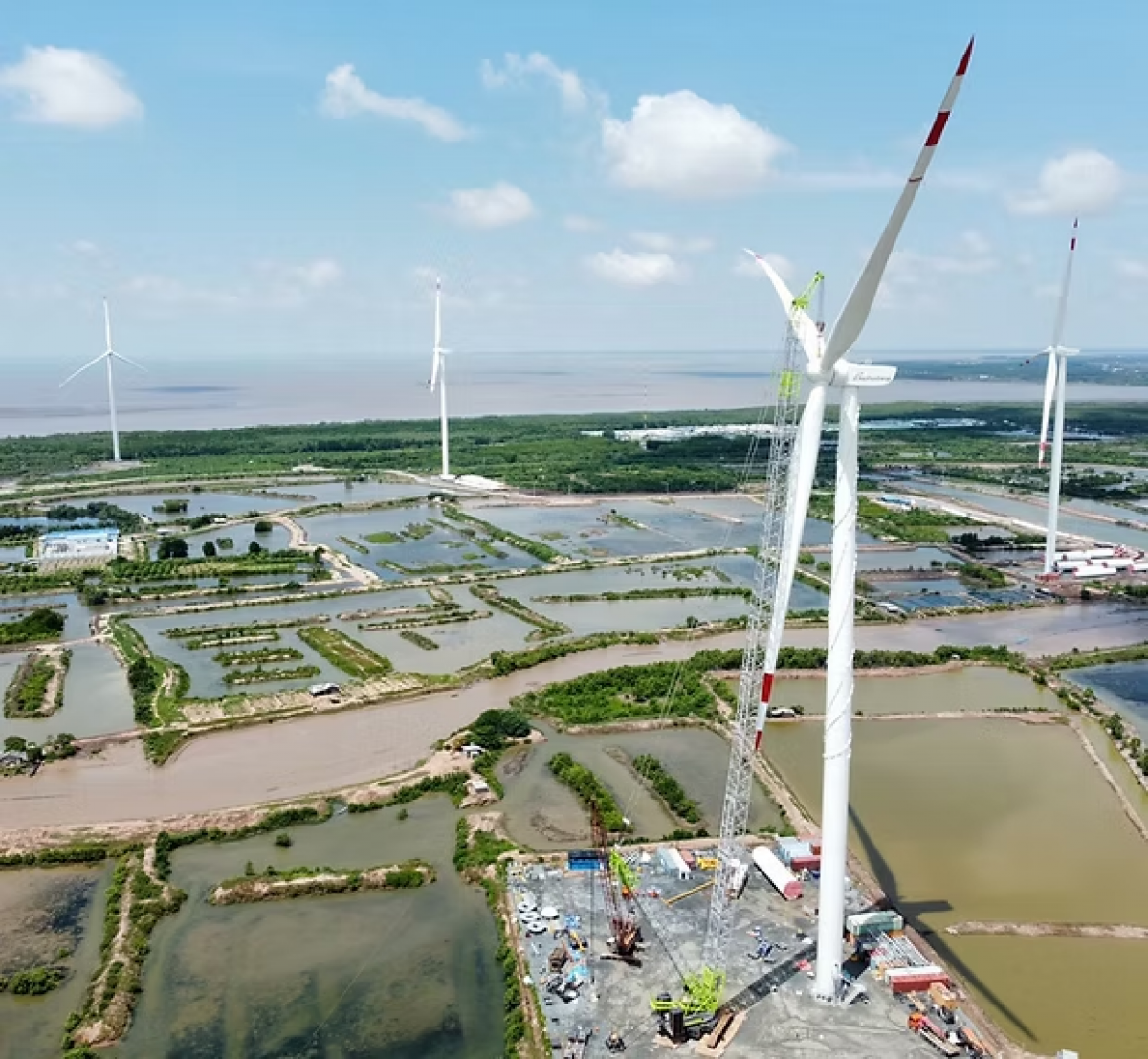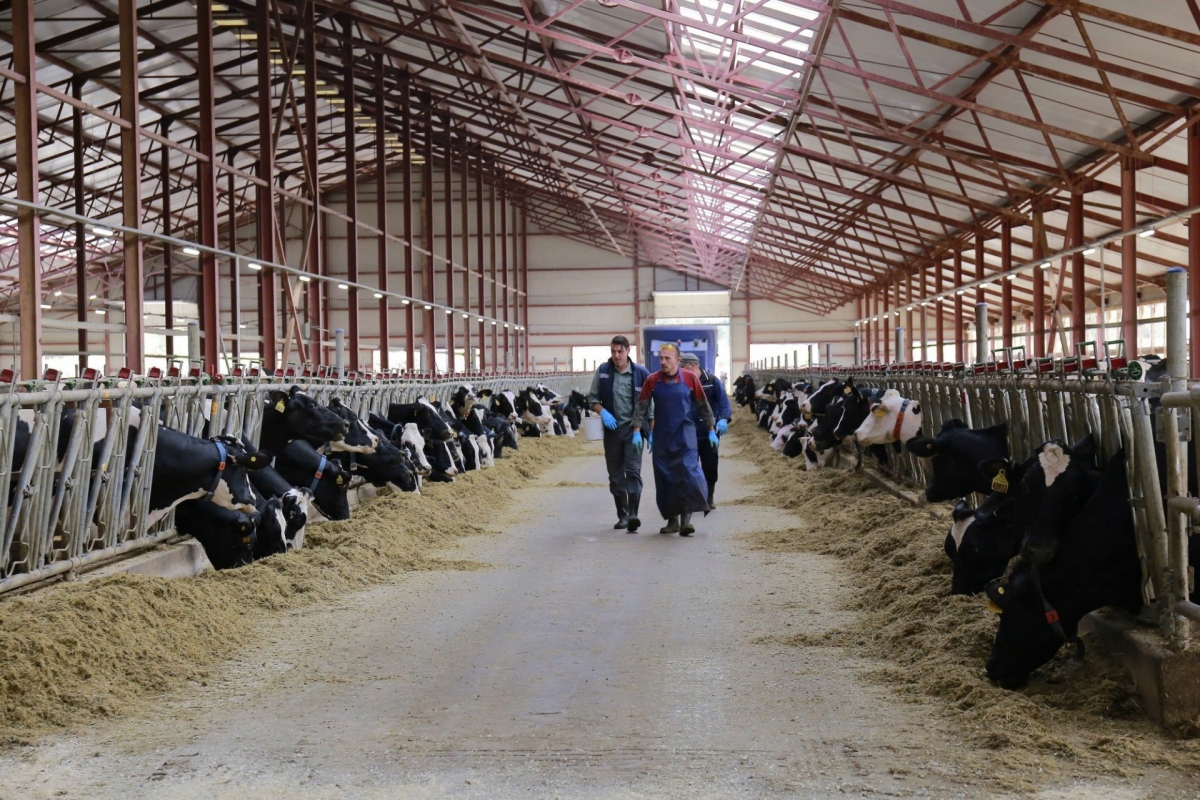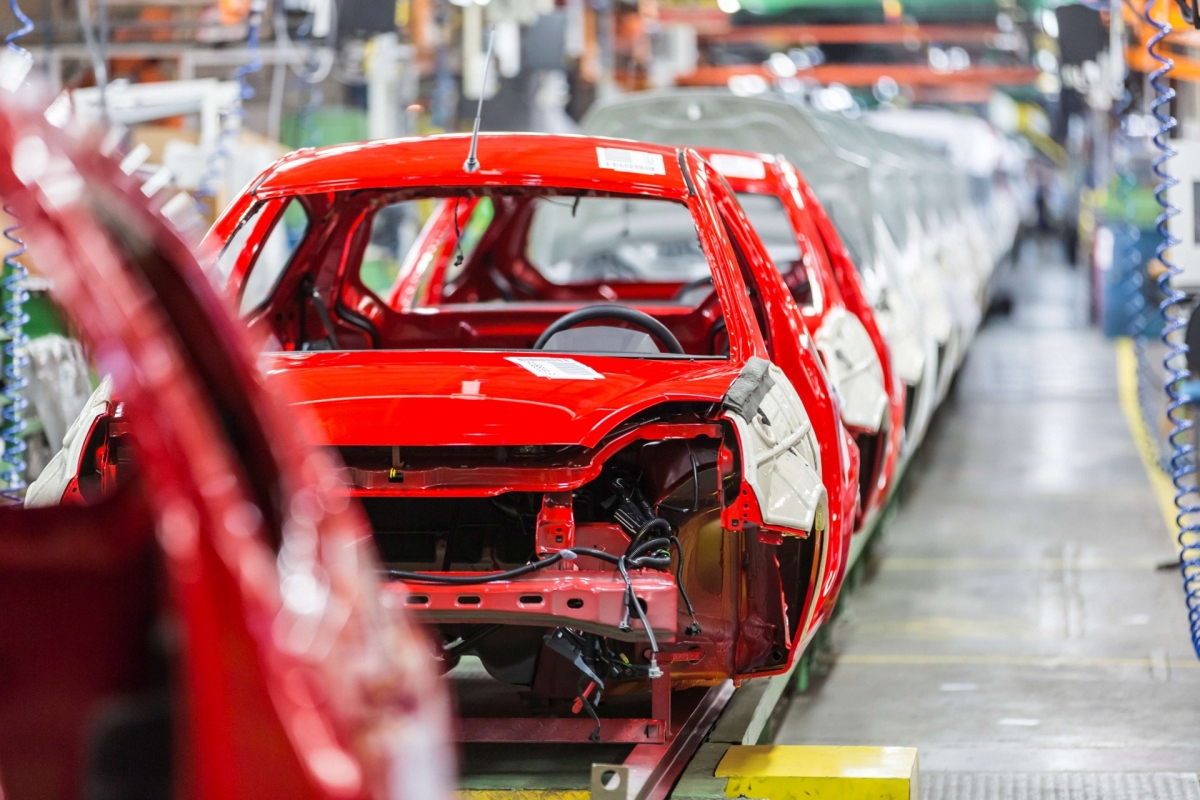INTERNATIONAL INVESTMENT
AND PORTAL
One such innovative model can be found in South Korea, which is the first country in history to go from receiving ODA to being a donor. In 2015, the Korea International Cooperation Agency (KOICA) launched the Creative Technology Solution (CTS) programme with the idea of attracting entrepreneurs and startups to work on solving particularly difficult development challenges. By bringing innovators into the international development cooperation space, the CTS has successfully harnessed creative ideas and new technologies to deliver solutions to communities in developing countries while also assisting startups in global expansion.
CREATIVE TECH SOLUTIONSThe CTS seeks to partner with South Korean entrepreneurs and innovators who are socially minded and who offer products or services in such areas as energy, global health, climate action, education, and agriculture. Through tailored training and support, the CTS assists its participants in connecting with venture capitalists and networks in their target country and in localising their offerings.
In this way, companies whose products or services can address social and environmental problems in less developed countries can receive the support and guidance they need to successfully launch overseas.
The programme has three stages: Seed 0, Seed 1, and Seed 2. Seed 0 provides participating entrepreneurs with education and training on development cooperation. During Seed 0, participants receive one-on-one mentoring in market research, business strategy and modelling, project planning, and proposal writing.
Entrepreneurs are also connected with accelerators in their target countries who can assist in localisation and reaching their target market. The goal of this stage is to build capacity among prospective entrepreneurs who seek to advance into developing countries.
Applicants who successfully complete Seed 0 as well as applicants with solid business plans for how to expand into developing countries can participate in the Seed 1 stage. This stage requires companies to create proof of concept and working prototypes of their product or service. Participants must also clearly confirm that their product or service has a sufficient number of beneficiaries in their target country.
The final Seed 2 stage helps participants launch a pilot, focusing on tailoring their business model and strategy to smoothly integrate into the local scene. Awards offered at each stage vary between $250,000 and $420,000.
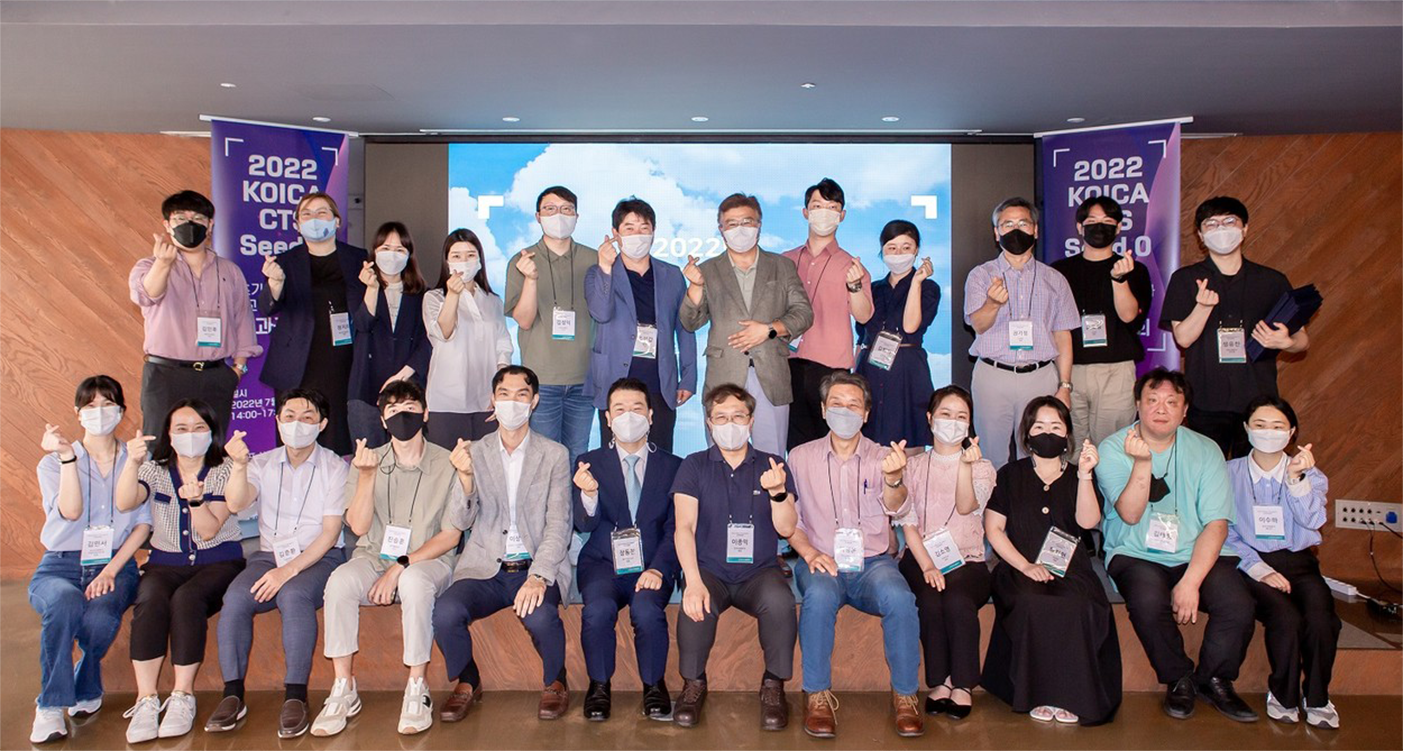 Group photo of the KOICA CTS Seed 0 batch of 2022 (provided by the Korea Social Investment Foundation) RELIABLE ANSWERS TO REAL PROBLEMS
Group photo of the KOICA CTS Seed 0 batch of 2022 (provided by the Korea Social Investment Foundation) RELIABLE ANSWERS TO REAL PROBLEMS
The 2023 Seed 0 programme was planned and run by the Korea Social Investment Foundation, a private non-profit accelerator specialising in environmental, social, and governance criteria as well as the impact sector. The foundation has been involved with the CTS since 2021.
The specific goals of each annual CTS are varied to ensure that it is consistently attracting a variety of social entrepreneurs who will establish projects in different countries. Seed 0 last year called for applications from companies established no later than seven years ago who sought to address development issues in India, Indonesia, or Vietnam.
Among the total of 47 companies that participated, there were three that rose to the top as having particularly spectacular potential, including Nanu, Trackfarm, and Albaam.
In a rapidly changing world where tech innovations can change our lives seemingly overnight, new models of ODA that go beyond traditional funding models to promote technology transfer and localisation of social entrepreneurs have the potential to help close the gap of inequality. KOICA’s CTS programme supports the entry of digital startup entrepreneurs into developing countries because it recognises the potential of innovation and technology to reduce poverty and drive economic growth.
At the same time, the programme helps innovative startups acquire the necessary skills and know-how to transform into truly global companies that can share their solutions on a broader global scale. The CTS offers a unique example of how to combine startup acceleration investment with ODA initiatives, encouraging the application of pioneering technologies and ideas to difficult social and environmental challenges in less developed countries.
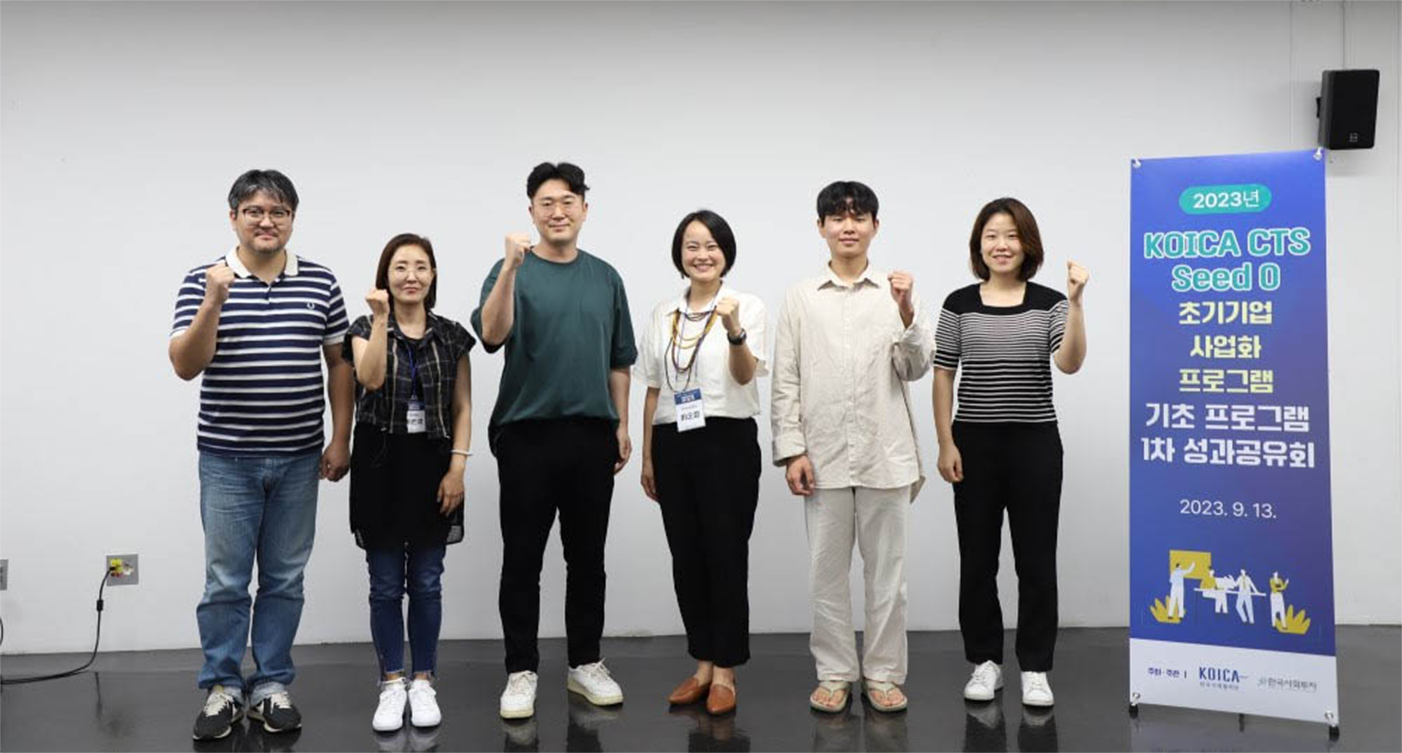 The top three teams of the KOICA CTS Seed 0 batch of 2023 (provided by the Korea Social Investment Foundation)
The top three teams of the KOICA CTS Seed 0 batch of 2023 (provided by the Korea Social Investment Foundation)

Like many developing countries, Vietnam has recently been inundated with plastic waste, producing approximately 3.1 million tonnes of plastic each year that is not recycled. But plastic is not the only problem – as the country’s agricultural industry has grown over the past two decades, so have its agricultural by products such as rice husks and coconut shells that are left in the field after harvest.
Nanu, which is aiming to expand into Vietnam, has created an innovative solution that can simultaneously address the issues of plastic pollution and agricultural by product waste: eco-friendly pulp mould containers. Nanu uses agricultural byproducts (waste products) as raw materials to create pulp molds and applies its proprietary eco-friendly coating technology to add durability and water/heat resistance. The molds can then be used in place of plastic.
Nanu has already proven its pulp molds, working with companies in South Korea to supply everything from cosmetic packaging and meat containers to milk and ramen containers. By bringing its technology to Vietnam, Nanu hopes to reduce both agricultural byproduct pollution and plastic pollution by transforming “waste” agricultural byproducts into useful containers that can replace single-use plastics. Nanu estimates that full implementation of its technology in the country would reduce up to 620,000 tonnes of greenhouse gas emissions, while also helping Vietnam strengthen its overall waste management system.


